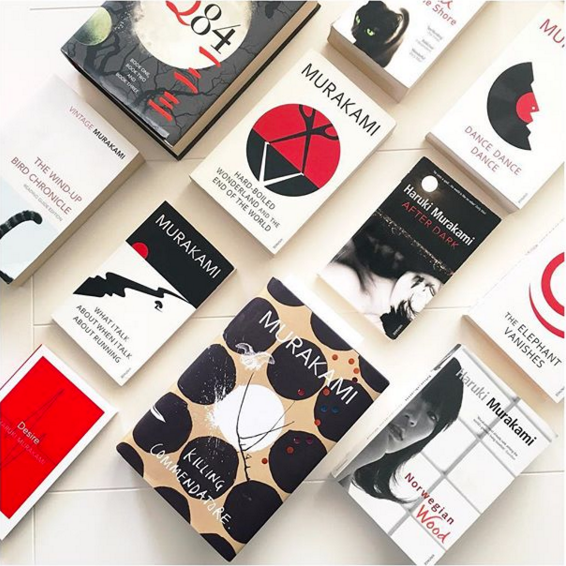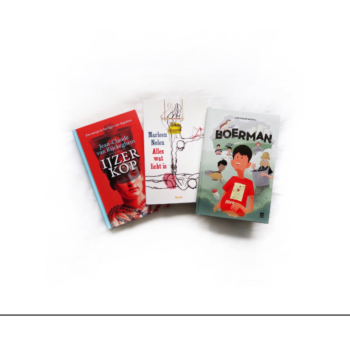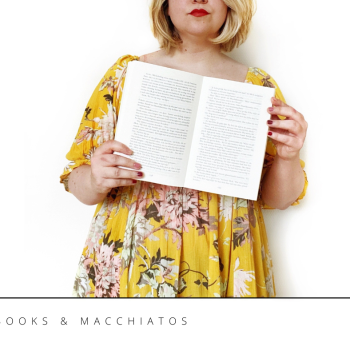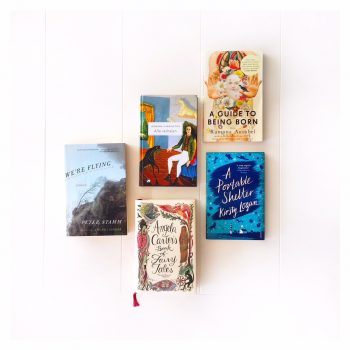It’s been 8 years since I’ve read my first Murakami novel, I had no idea back then that discovering Norwegian Wood would be the start to a new way of reading.
Who is Haruki Murakami?
Haruki Murakami (1949) is a Japanese author. Published in 40 countries and author to over 20 books, Murakami has won numerous literary prizes with his work. Mostly known for his literary fiction meets magical realism style; Murakami’s genius is in his prose, his unique stories, and those never-ending open endings.
“And once the storm is over, you won’t remember how you made it through, how you managed to survive. You won’t even be sure, whether the storm is really over. But one thing is certain. When you come out of the storm, you won’t be the same person who walked in. That’s what this storm’s all about.”
I first came across Murakami with Norwegian Wood, as many will have. I first read the novel in 2011 after seeing some people online (during the good old Tumblr days) recommend the book. I started reading the book and once I started I couldn’t stop. The slice-of-life writing drew me in immediately, it was a whole new world from all the fast-paced books I read before. This book was quiet but it drew me in. The relationship between Toru and Naoko haunting my thoughts even when I wasn’t reading it.
I finished the book on a commute home from university. Murakami is known for never quite answering all the questions you have at the end of books. I felt empty upon closing Norwegian Wood and stared out of the window for the next 20 minutes of the commute. The book still going through my mind.
Every book I’ve picked up since then will be compared to this experience.
Where to start?
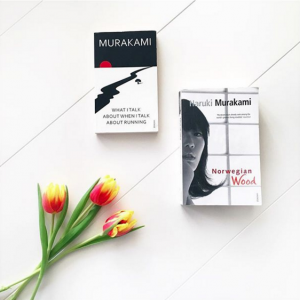
If someone asks me where to start with Murakami, I usually recommend the book I started with myself. Norwegian Wood (1987) is an accessible read. It has Murakami’s signature writing; quiet, without unnecessary flair – saying all it needs to say between the words.
Norwegian Wood is the story of Toru, recalling his first love Naoko when he was a student. It’s a poignant coming-of-age story, not for the faint-hearted. Unlike his other work, Norwegian Wood doesn’t have elements of magical realism. And if someone isn’t familiar with the genre, I’d recommend starting with this book to first get into his writing style. This book is gorgeous, it’ll stay with you, but it’s relatively normal for what this man’s brain can come up with.
“What happens when people open their hearts?”
“They get better.”
If you are familiar with magical realism I’d recommend going onto After Dark. What is magical realism you may ask? It’s when an author makes fish rain from the sky, you can meet yourself in a different timeline and people sleep for two months and you think; ‘Yeah sure, that makes sense in this book’.
After Dark (2004) is a short little number. Taking place between the witching hours of midnight and dawn. We follow two sisters; Eri, who has been asleep for two months and Mari, a young student, soon to be drawn into the madness of the night. Is it the dark night playing tricks on you or is there something more at hand?
Finally, if you are a short story reader I would also recommend The Elephant Vanishes, which holds enough stories to give you a perfect introduction to Murakami’s flavor of writing. Both magical-realism wise and in contemporary writing.
My favorite book.
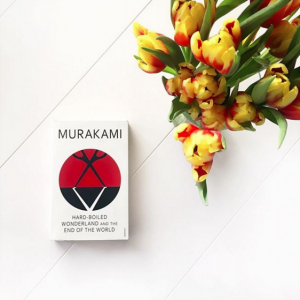
Although I love every single book of Murakami I’ve read, there’s one of them that has stood out among the crowd for me. Hard-Boiled Wonderland and the End of the World (1985) has all the elements I love in a Murakami book. But it goes even beyond that. Even Murakami has stated this book to be his personal favorite and I couldn’t agree with the statement more.
“Unclose your mind. You are not a prisoner. You are a bird in flight, searching the skies for dreams.”
I could give you a synopsis of the book, but that wouldn’t explain this book. This book is an experience. Following one man’s descent into the underworld of contemporary Tokyo. A town at the end of the world, a big wall surrounding it, a library filled with old dreams and a task to read the old dreams from old animal skulls.
I’ve read and loved this book but I couldn’t give you a better description than that. It’s a book you read and never leaves you in the end. Like all of Murakami’s books do, but this one especially.
To conclude…
Why should you pick up a Murakami book? I truly believe in different tastes in books. But there’s a reason this guy is so celebrated. The feeling I get when I read his books is just pure amazement; at how one can do this with words. His work touches me. His characters and stories stay with me.
And come on, who doesn’t love a talking cat now and again?

My editions: Penguin & Harvill Secker

